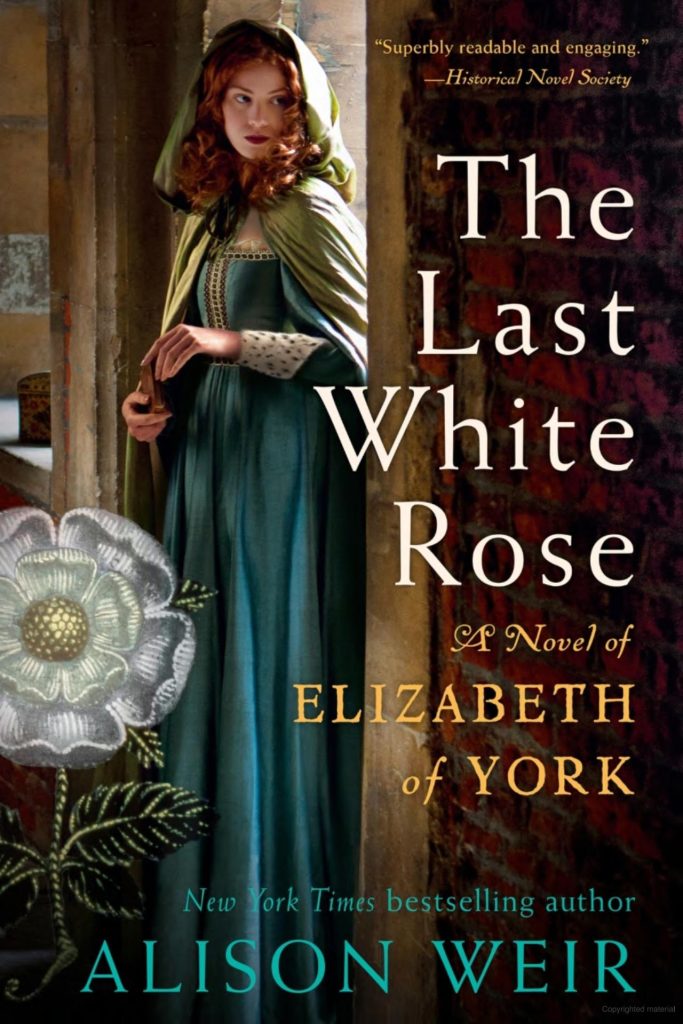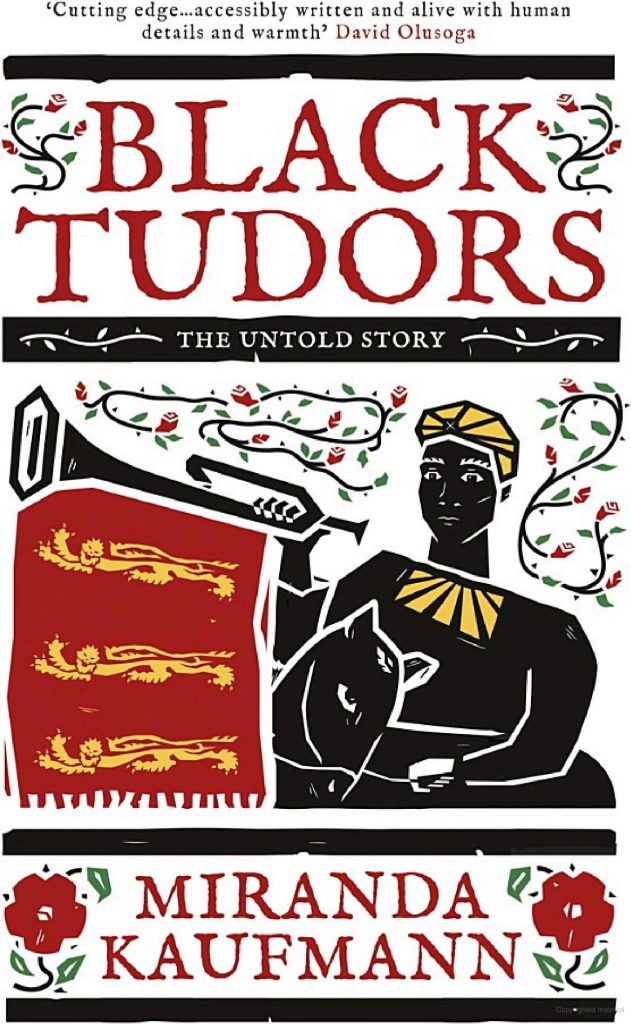The Last White Rose by Alison Weir

First line: “Wake up, Bessy! Wake up!”
Summary: Elizabeth of York is the oldest child of King Edward IV of England. She has grown up during a time of battles between the houses of Lancaster and York. Her life has been spent in palaces but also in sanctuary. However, after the death of her father she is thrown into an even more treacherous world. Her uncle Richard takes the crown from her younger brother who should be King Edward V. With her brothers’ disappearance and her uncle as king she must live in limbo as the heir to the throne or a pawn that can be used. But has her savior come in the form of the Lancastrian claimant, Henry Tudor? Can she unite the two houses and bring peace to England?
My Thoughts: Elizabeth of York is an interesting woman. She lived through so much and made history but lived for such a short time. She was only 37 when she died. I had the privilege of visiting her grave this spring while at Westminster Abbey. It is a beautiful tomb next to her husband, Henry VII.
Weir does a wonderful job bringing the life and politics of the Wars of the Roses to life. The tension can be felt during the Elizabeth’s time in sanctuary or living through the years of her uncle Richard’s reign. Having to navigate the different factions, choose a side and make sure to stay alive throughout the regime changes must have been hard on everyone at the time.
I did learn a bit more about the lives of Elizabeth’s sisters during this story. They were used to make alliances with English nobles and suffered many losses in their lives. I would love to see more done about their lesser known stories.
The part I found most interesting was Elizabeth and her relationship with her son Arthur. I don’t know if there is any evidence behind Weir’s storyline but it makes me wonder. It is a struggle she has to deal with until her death. Did she love him enough? And why did she feel different towards him than she did to her other children?
Even though I did enjoy this book I found that it was a little long. Some parts seemed to drag on in the middle. I felt like it was a slower version of Philippa Gregory’s novel, The White Princess.
FYI: This is the beginning of a trilogy by Alison Weir. The next book will follow Elizabeth’s son, Henry VIII.

